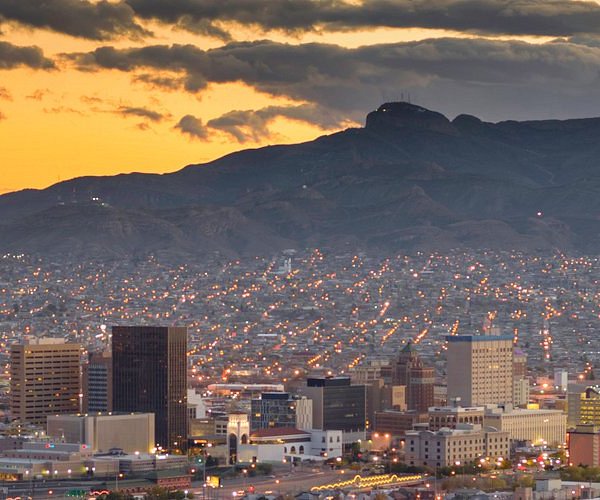Crunch
Chapter 1
The sheets on my bed were soaked through with sweat, sticking to my skin like a second layer I couldn’t peel off. Not a fan running anywhere in the room, couldn’t afford it. I wasn’t about to let the electric bill climb higher than my paycheck could reach. El Paso was already a hellhole, but after the government pulled the plug and kicked Texas out of the union? Things didn’t just go downhill. They hit rock-fucking-bottom and kept digging.
The funny thing is, they didn’t even bother giving a reason. No speeches, no press conferences, nothing. They just went radio silent. All we got was a letter to the governor, the echo of a single gunshot, and a missing body.
Gotta say, I can’t pretend I’m surprised. You could smell the new-world-order bullshit cooking for years, simmering just under the surface. But damn, I didn’t think they’d turn the heat up this fast. I thought we’d have a little more time before it all went to hell. Guess that’s on me for being an optimist.
I swung my legs off the bed, groaning as I sat up. The air was thick and still, like the city itself was holding its breath. Outside the window, the sky was already bleeding orange, the sun ready to roast everything in sight. Another scorcher. Another day to sweat through work and try to convince myself this was living.
The street outside my apartment was quiet… a bit too quiet for my liking. The usual hum of life, the sounds of cars, barking dogs, and the occasional angry shout had dwindled over the past few weeks. I didn’t think much of it at first. People moved, people gave up, people died. It was El Paso, after all. But this was different. Even the strays that used to scavenge the trash had disappeared.
"Morning, Kev," my neighbor Mae called from her balcony as I shuffled onto mine to light a cigarette. Her voice was flat, tired. She looked worse than usual, her face hollow, like the heat had sucked the life out of her overnight. She didn’t ask me how I was doing, and I didn’t ask her either. What was the point? We both knew the answer.
"Morning," I muttered, taking a long drag and watching the smoke curl into the still air. From up here, I could see the strip mall down the block. Most of the signs were dim, the parking lot an empty concrete wasteland. Even the 24-hour diner, the one that had stayed open through the riots and the blackouts, had its shutters down. A "Closed for Repairs" sign hung crookedly in the window, but no one was repairing anything. Not here. Not anymore.
The city feels thinner lately, like it’s wasting away right in front of me. Faces at the corner store aren’t there anymore, and more windows are staying boarded up for good. I don’t know when it started, but when you’re just trying to scrape by, it’s hard to see the cracks forming until they’re right in front of you.
Now they’re just… getting WAY harder to ignore.
Mae disappeared back inside, leaving me alone with the heat and the silence. My phone buzzed on the kitchen counter. I flicked the cigarette over the railing and shuffled back inside, swiping at the cracked screen. A message from my boss.
"We’re cutting hours. No shifts this week. Sorry."
"Figures," I muttered, tossing the phone aside. No work meant no money, and no money meant the rent was going to be late again. Maybe the landlord would kick me out this time. Maybe he wouldn’t bother. Most of the tenants were gone already. Half the apartments in the building were dark at night, their windows like black eyes staring out at nothing.
The heat shimmered off the asphalt, twisting the air until it looked alive. I squinted at the corner where the laundromat used to be, now boarded up and tagged with graffiti. For a moment, I thought I saw someone standing there. Just a shape - a person-sized blur in the haze. But when I blinked, they were gone.
I rubbed my eyes and shook it off. Too much heat. Not enough coffee. But the unease lingered, crawling under my skin like an itch I couldn’t scratch.
By the time the sun was fully up, the city looked almost normal again - if you didn’t pay attention. A few cars trundled by, their drivers staring straight ahead like they were on autopilot. A group of kids biked past, but their laughter sounded forced, hollow. Mae’s balcony was empty, her door shut tight.
I leaned on the railing and stared out over the rooftops, my cigarette burning down to the filter. Somewhere out there, something was shifting. I didn’t know what yet, but I could feel it. Like the city was holding its breath, waiting for the other shoe to drop.
And when it did, I had the sinking feeling there’d be no one left to hear it.
